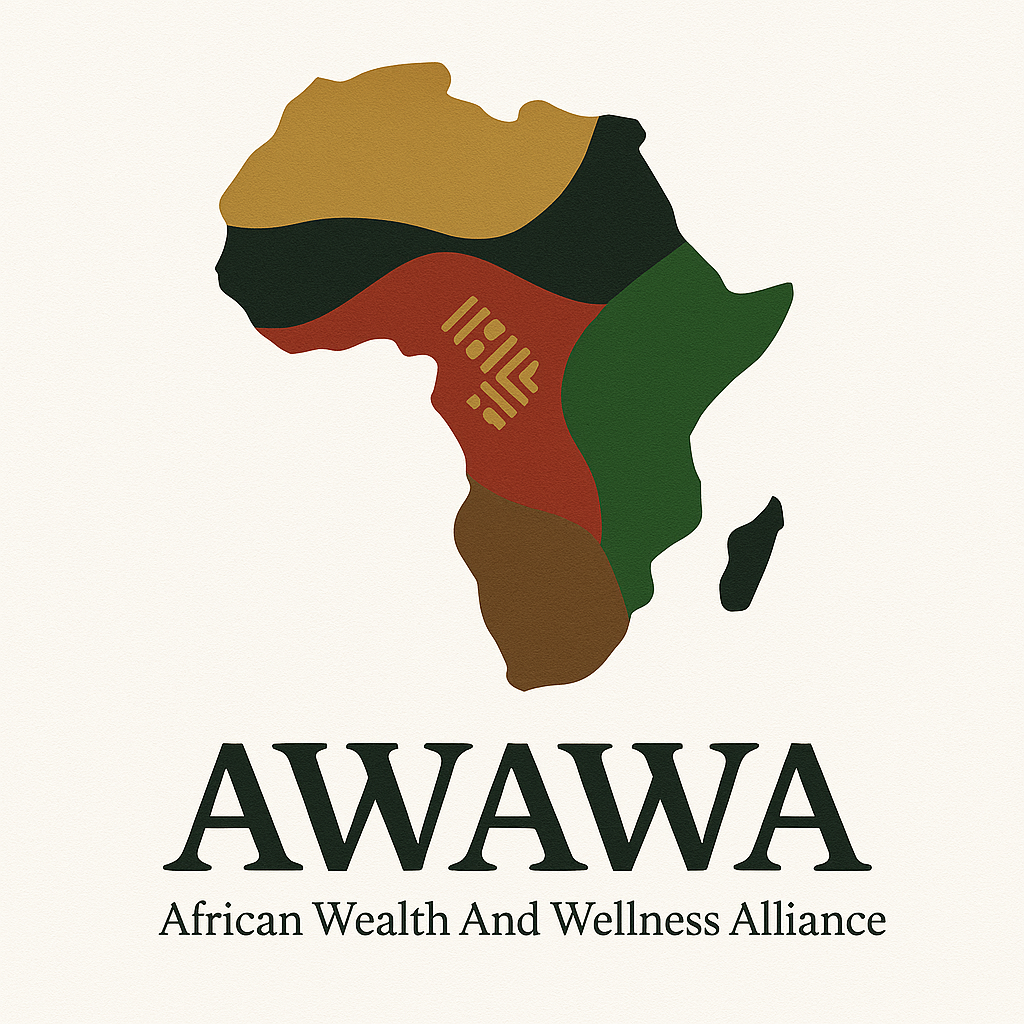Africa: The Cradle of Humanity and Civilization
Africa is widely regarded as the cradle of humanity. Fossil evidence from East Africa, particularly in regions such as the Afar Triangle of Ethiopia and the Great Rift Valley of Kenya and Tanzania, indicates that early hominids, including Australopithecus afarensis (e.g., the famous fossil "Lucy"), and later Homo sapiens, originated on this continent over 3 million years ago. These findings confirm Africa’s foundational role in human evolution, making it not only the birthplace of humankind but the starting point of global migration, cultural development, and civilizational advancement. Modern genetics also traces mitochondrial DNA to African ancestry, affirming a shared human origin rooted in the continent’s soil.
Far from being a blank slate upon European arrival, Africa was home to powerful and sophisticated civilizations that laid the groundwork for many facets of global development. Among the most renowned was Kemet (Ancient Egypt), whose influence on architecture, mathematics, medicine, spirituality, and political governance left a lasting legacy that echoes through modern institutions. Kemet developed one of the earliest writing systems—Medu Neter (hieroglyphics) —and created the 365-day calendar, as well as advanced medical procedures still studied today. Kemet’s concept of Ma’at—representing truth, balance, justice, and cosmic order—served as a spiritual and ethical compass that governed society.
To the south, Nubia (later known as Kush) thrived as a center of wealth and power along the Nile. The Nubians were both rivals and rulers of Egypt during the 25th Dynasty, often referred to as the “Black Pharaohs.” Nubia was rich in gold, iron, and spiritual symbolism, and its architecture, including the numerous Nubian pyramids at Meroë, reflects a grandeur equal to that of its northern neighbor. Meanwhile, Carthage, located in present-day Tunisia, stood as a formidable maritime and trading power rivaling Rome before its fall during the Punic Wars. The Carthaginians excelled in navigation, commerce, and urban planning, thereby expanding their influence across the Mediterranean.
Further west, Great Zimbabwe emerged as a monumental stone city and the capital of a vast kingdom that controlled trade routes in southeastern Africa. The massive stone enclosures and towers—built without mortar—speak to the engineering genius of its builders. To the east, the Swahili Coast city-states, such as Kilwa, Mombasa, and Zanzibar, flourished as global trade hubs, connecting Africa with Arabia, Persia, India, and China through vibrant commerce in gold, ivory, textiles, and knowledge.
In the 14th century, Mansa Musa I, emperor of the Mali Empire, solidified Africa’s international stature. His famous pilgrimage to Mecca in 1324 was more than a religious journey—it was a diplomatic and economic mission that dazzled the known world. With caravans of camels carrying vast quantities of gold, his generosity altered the economies of the regions he passed through. His empire encompassed major cities such as Timbuktu and Gao, which became centers of Islamic learning, science, and cultural fusion. Timbuktu’s Sankore University housed thousands of manuscripts on astronomy, mathematics, theology, law, and medicine, preserved in Africa long before the European Enlightenment.
Africa’s ancient cities were not only economically rich but intellectually vibrant. Libraries, universities, and temples stood as evidence of literacy, philosophy, and spiritual inquiry. Sacred traditions emphasized harmony with nature, communal stewardship, and respect for elders and the unseen realm—elements that resonate deeply with modern spiritual and ecological movements.
This deep and diverse heritage dismantles colonial myths that Africa lacked history or civilization. The narrative of a "dark continent" was a deliberate distortion used to justify enslavement and conquest. In reality, Africa has long stood as a beacon of humanity’s earliest triumphs and spiritual depth. From metallurgy to governance, astronomy, art, Africa led in fields often erased or appropriated by later empires.
Sovereign-AWAWA recognizes that Africa’s true legacy is not one of victimhood, but of vision. Our mission is to restore this truth to the hearts and minds of all Africans and their descendants. We affirm that the continent’s future prosperity is not a novelty—it is a return to rightful greatness, anchored in historical truth, cultural wisdom, and ancestral strength. By reconnecting with our sacred past, we activate the blueprint for a thriving and sovereign future.
